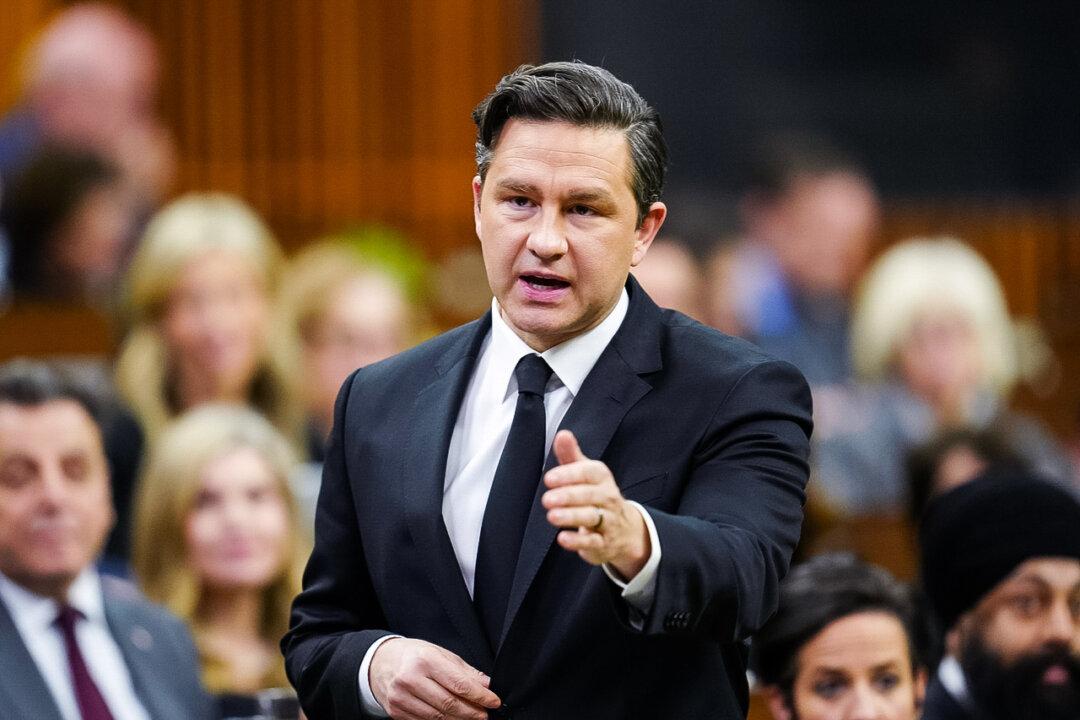Conservative Leader Pierre Poilievre is calling on Ottawa to acknowledge Venezuelan opposition candidate Edmundo González Urrutia as the victor of the July 28 presidential election in that country—a stance similar to what the United States has taken.
In a post on X on Aug. 3, Poilievre urged the federal government to “cut off all contacts” with Venezuela’s incumbent President Nicolás Maduro and his cadres, “kick out his diplomats and hit him with brutal sanctions.”





